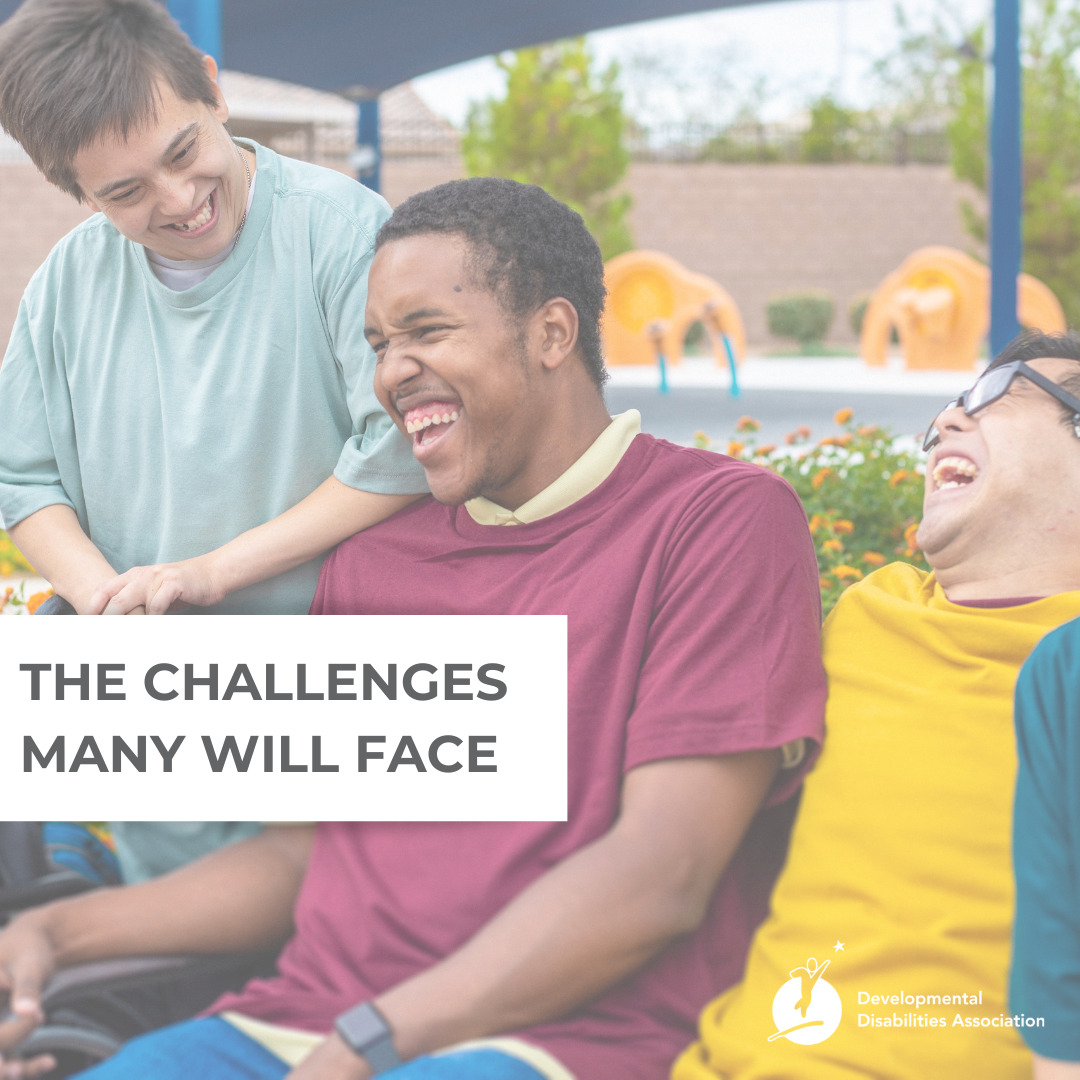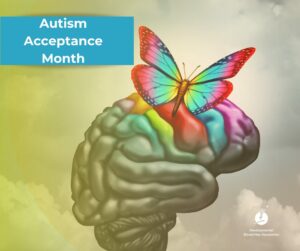The new school year is underway and for most kids and youth, there are still several years before they take the next big plunge – life after high school. Many students, on the other hand, will be wrapping up their final school year in 2024 with their sites on bigger plans. However, for students with developmental disabilities, the future isn’t always as easy to navigate.
They often encounter a range of challenges and issues related to their transition into adulthood. These issues can vary depending on factors such as the severity of the disability, available support systems, and individual circumstances. So what are some obstacles they run into?
Accessing post-secondary education or training can be a challenge. People with intellectual disabilities may require additional support and accommodations to succeed in post-secondary programs.
Finding and maintaining employment can be a significant challenge for individuals with intellectual disabilities. They may encounter discrimination, lack of job opportunities, and difficulty in adapting to workplace demands. DDA’s employment service, Jobs West, works with many clients and businesses to foster a diverse workforce, but not everyone gets that opportunity.
Learning to live independently can come with many challenges depending on the severity of the disability. They may require support in managing finances, cooking, and maintaining a household. Others, like many DDA clients, may require ongoing support or live in group homes or assisted living facilities.
Without the social fabric of high school, some individuals with intellectual disabilities may struggle to build and maintain social relationships, leading to isolation and loneliness. This can lead to mental health issues, such as anxiety and depression, which can be exacerbated by the challenges they face.
High school can be tough for typically developed students. Bullying, while not tolerated, still happens. Statistically, people with developmental disabilities are targeted more often in this regard. Unfortunately, this can continue in the real world outside of school. Negative attitudes and stereotypes about intellectual disabilities can lead to discrimination, further impacting their self-esteem and well-being.
It’s important to note that advocacy organizations like ours offer a variety of services for Vancouver and Richmond families. Other Lower Mainland cities offer similar programs, however, some regions may offer better support and resources than others. Transition planning, family support, and access to community-based services can significantly improve the post-high school outcomes for people with developmental disabilities. Ongoing advocacy efforts seek to address these issues and promote inclusion and equal opportunities for this important part of our community.



